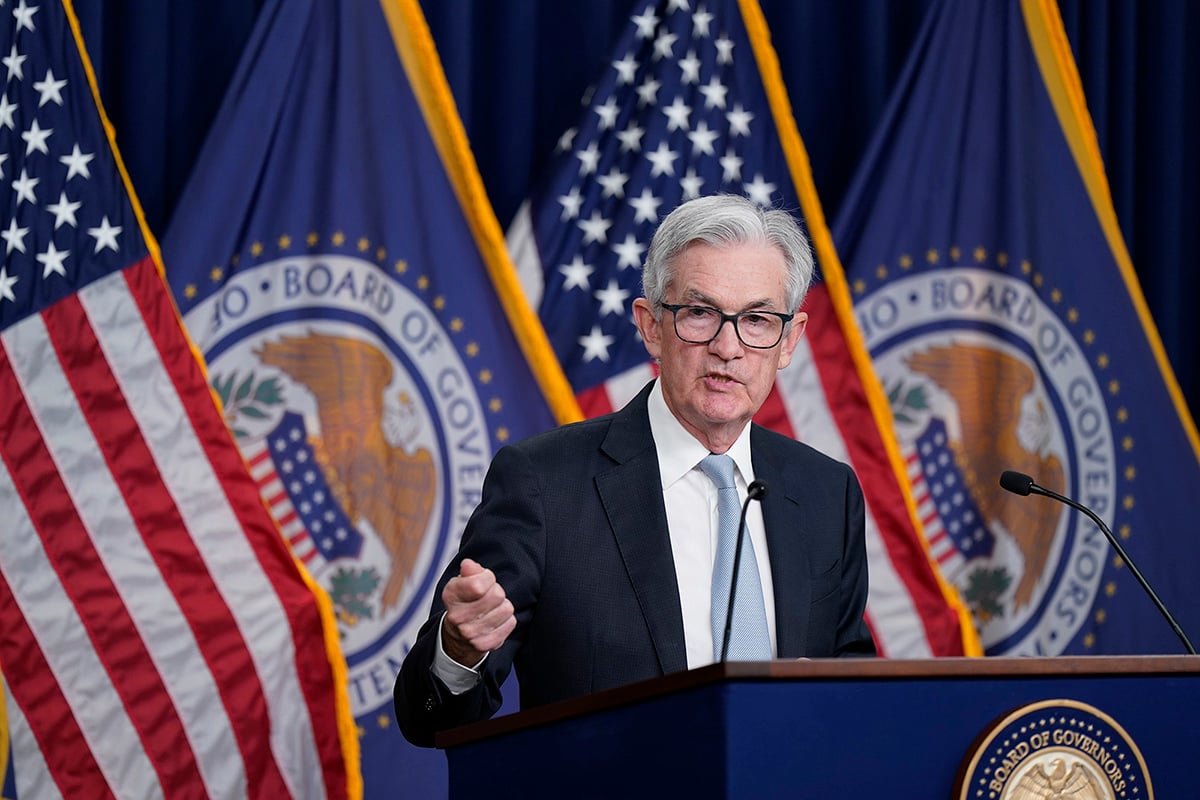House and Senate negotiators are leaning toward setting a corporate rate of 21 percent, according to three people familiar with the negotiations. The people asked not to be named because the discussions are private.
Slashing the corporate rate from 35 percent has been a cornerstone of the GOP tax overhaul—the House bill calls for a 20 percent rate effective in 2018, while the Senate legislation also calls for a 20 percent rate, but delays it from taking effect until Jan. 1, 2019.
President Donald Trump sparked discussions about a higher rate on Dec. 2 when he backed off his red line of a 20 percent rate in the final package. Negotiators have considered using what could be an extra $200 billion in revenue from setting a higher rate of 22 percent to make up for additional costs expected in the final package, such as expanding the state and local property tax exemption of up to $10,000 to include income taxes. A corporate rate of 21 percent is estimated to generate an additional $100 billion to offset other tax code changes.
Complete your profile to continue reading and get FREE access to Treasury & Risk, part of your ALM digital membership.
Your access to unlimited Treasury & Risk content isn’t changing.
Once you are an ALM digital member, you’ll receive:
- Critical Treasury & Risk information including in-depth analysis of treasury and finance best practices, case studies with corporate innovators, informative newsletters, educational webcasts and videos, and resources from industry leaders.
- Exclusive discounts on ALM and Treasury & Risk events.
- Access to other award-winning ALM websites including PropertyCasualty360.com and Law.com.
*May exclude premium content
Already have an account? Sign In
© 2024 ALM Global, LLC, All Rights Reserved. Request academic re-use from www.copyright.com. All other uses, submit a request to [email protected]. For more information visit Asset & Logo Licensing.






